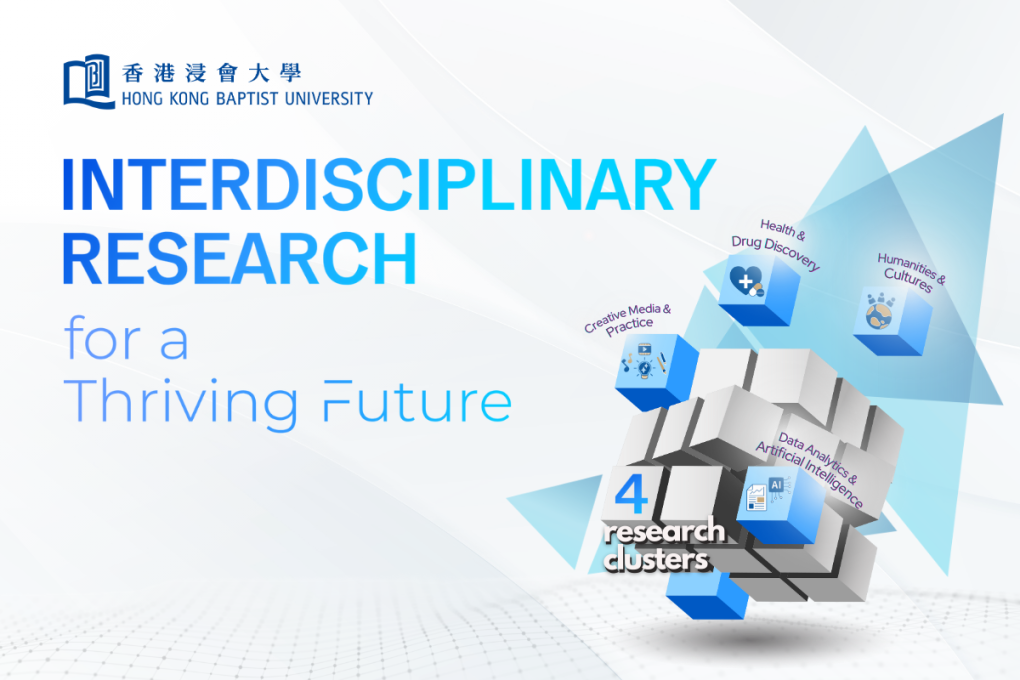Interdisciplinary mental well-being-focused studies by Hong Kong Baptist University’s researchers offer vital insights in STEM education and social media
A study by an award-winning researcher sheds light on the impact of students’ cognitive disparities on STEM education and suggests ways to optimise learning.
Another study focuses on users’ resilience towards social media surveillance, paving the way for a comprehensive understanding of the health of the digital world.

[The content of this article has been produced by our advertising partner.]
To navigate the increasingly complex digital world, adequate skills and knowledge of information technology are prerequisites. However, the varying cognitive abilities of students can affect their academic performance and seriously impact their mental health and well-being. Rapid developments in social media also add strain to the emotional health of individuals.
A growing number of primary and secondary schools are incorporating computer science and artificial intelligence (AI) literacy into their curricula. As a foundational element of AI literacy, computational thinking (CT) encompasses developing proficiency in core programming concepts and employing problem-solving skills to design and implement computational projects. However, the diversity of students' unique characteristics leads to varying paces and approaches in cultivating CT skills, highlighting increasing concerns about the impact of cognitive differences on learning outcomes.
Some students experience greater difficulty than their peers with acquiring literacy and numeracy skills, or in understanding concepts, even with appropriate differentiation. This frustration over learning may take a toll on their mental health.

